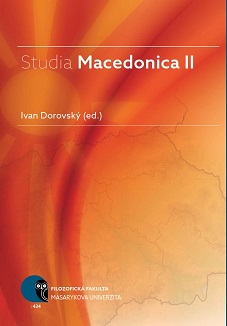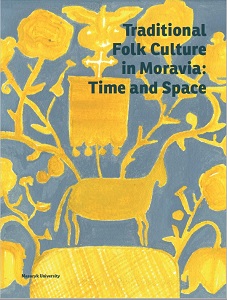
About Macedonian studies in detail
O makedonistice zevrubně
Keywords: Macedonian studies; Czech-Macedonian relations; research cooperation; Balkan studies; university education;
Předkládaná monografie je výsledkem dlouholeté a tradiční odborné spolupráce českých a makedonských badatelů na poli jazykovědném, literárněvědném, kulturním i ekonomickém. Přináší mnoho nových poznatků jak o makedonistice, tak o vzájemných česko-makedonských vztazích, její obsah má výrazně srovnávací charakter a poskytuje slavistům, balkanistům či makedonistům mnohé nové poznatky a podněty, studentům slavistických a balkanistických oborů pak i náměty na témata k bakalářským, magisterským i doktorským pracím.
More...
